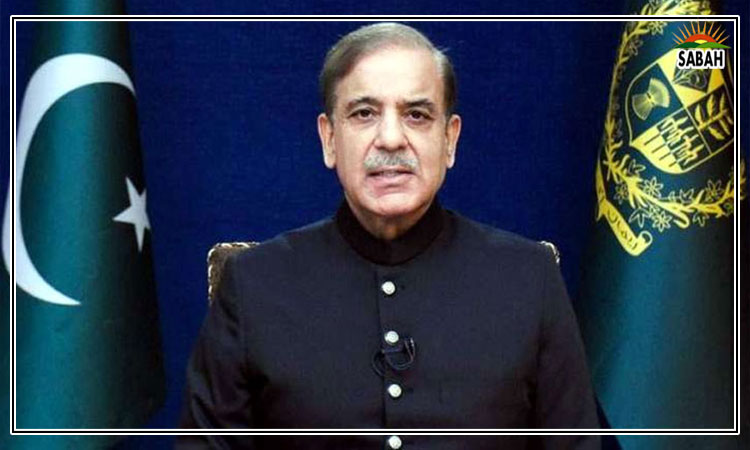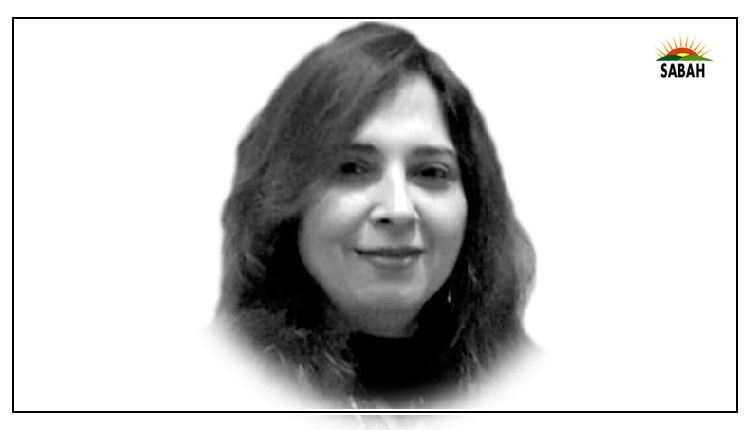Lack of accountability lies at the root of healthcare mess …. Durdana Najam
Let us begin with a positive note.
The team of doctors who conducted an operation on my mother were highly professional and dedicated. Their only motive was to ensure that the patients under their care had minimum pain and returned to normal life as soon as possible. Keeping a patient in the hospital induces depression, which usually hinders treatment. Since most of the young doctors were in the initial years of their practice, their urge to tailor the treatment on the sideline of their seniors prescriptions was not always easy to handle, though.
Also, a government and a teaching hospital in Pakistan is not a place to expect quality, except that the doctors concerned refuse to compromise their integrity. Again, this is a rare phenomenon, not because Pakistan lacks sympathetic or emphatic medical caretakers, but because the load on the hospitals and the absence of preventive and primary care facilities have burdened the massively fragile and broken healthcare infrastructure. The only fear with which I brought my mother home from a 22-day hospital stay was the flight of these promising young doctors to foreign countries for a better and appreciative future. The floor we stayed at, at the Sheikh Zayed hospital, Lahore, did not have one functioning blood pressure apparatus. The nurse eventually went to the second floor to borrow one. One of the doctors, apparently upset with the situation since my mothers blood pressure was not responding to the medicines, uttered what she might have left unsaid: Hum kya keray operation theatre tak mai adhi say zayada cheezen kharab hai ya hai nahi. (What can we do, even in operation theatres most of the instruments are either dysfunctional or missing.) I could see the pain in her eyes. She was my mothers favourite doctor. I hope the ruthless and highly politicised administrative culture of the hospital and health department does not turn her into another soulless money-minting doctor.
As I grew uneasy looking at my mothers worsening condition due to the hospital-acquired lung infection, the comment of a pulmonologist gave me the perspective that, otherwise, one would have loathed having to handle the situation. He said, jis tarha Pakistan toota phoota hai ussi tarah iss kay idaray bhi tootay phootay hai. (Pakistan is a broken country, and so are its institutions.) I was told my mother had caught the infection in the ICU, where she stayed for three days. I had no reason not to believe that. Germs are part and parcel of a hospital setting, and it can become too friendly for some. I, however, could not stop my mind from delving into the never-ending nagging ifs. What if the ICU did not have insects crawling on the floor right under my mothers bed? What if the doctors visiting their patients were careful not to bring muddy shoes into the ICU, which I had to get cleaned when they left? What if the hospital administration had the wherewithal to stop patients relatives from entering the ICU time and again? What if the one-bed-one-nurse rule of the ICU was followed in letter and spirit? What if the ICU bathroom was cleaned and its door shut?
What if the house-job doctors visiting the ICU were strictly barred from altering the medicines unless the main doctor was consulted? What if the lower staff in the ICU were cooperative without expecting the unending flow of tips? What if my mother did not have to lie on a wet bed for hours because there was no maid in the ICU to change the sheet? And, what if my mother was not transferred into her room from the ICU in a rough manner? Twice, when my mothers oxygen saturation level dropped to 60, making it pertinent to shift her to the ICU, she refused flatly. ICU had become a nightmare for both of us.
But then there were more nightmares to walk through.
The pharmacy at the hospital, one of the largest chains in Pakistan and run in collaboration with a doctor, had no qualms about selling contraband drugs. However, lack of vigilance on the part of the patients caretakers meant buying medicines with less effective salts prolonging hospital stay and, worse, putting the life and limb of the patient in danger.
Sheikh Zayed hospital is in a complete mess and disorder. The staggering reality is the lack of cleanliness in the hospital. In an emergency, used needles are thrown on the floor. When I asked a nurse why she was not throwing the needles in the marked bin, she said doing so would further delay treatment as two nurses were tending to more than 50 patients at a time in an emergency. When I took my mother to the emergency, she was asked to share a bed with another woman. Bed sheets were stinking.
From top to bottom, every administrative staff was full of greed. The head nurse who, according to one of the hospital high-ups, was not even a nurse had no control over the quality of the services dispensed by her staff. I saw the janitorial and the support staff stealing gauzes, sugar, tea bags and biscuits from the pantry. It is stealth from top to bottom. One of the doctors lamented about getting late salaries. He told me the new Federal Minister for Health had withheld funds for the hospital. The hospital, said the finance department, had been relying on self-generated resources this explains why only one lift is operational in such a big hospital; why the canteens at the hospitals are the dirtiest places in the vicinity; and why high tantrums are the usual response tone.
The story of Sheikh Zayed is the story of every government hospital in Pakistan. But where does the buck stop? Are the doctors and the administrative staff responsible for the mess and for criminally shutting their eyes to the negligence? Is the Punjab health department responsible for turning hospitals into devils din? Is it the politicians who are to be blamed for putting structural flaws in the healthcare system by siphoning away hospital funds to build big-ticket projects? Is the Punjab Healthcare Commission responsible for allowing the quality of healthcare facilities to degenerate while the directors of the Commission earn six-digit salaries every month?
The health card is no panacea. It is but another big ticket. No system can be made efficient by a piecemeal approach. With insufficient staff, beds, untrained and unmotivated human resources, cash-starved administrative structure and no system of accountability of the departments responsible for maintaining quality standards in hospitals, health cards or projects like PKLI would remain nothing but political stunts, bringing no effective change.
Courtesy The Express Tribune












